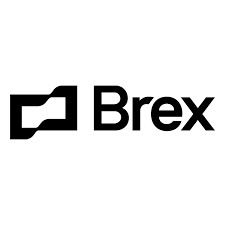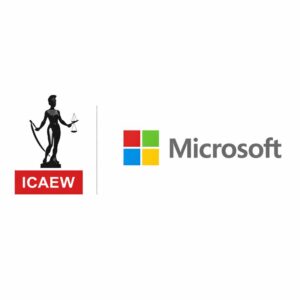Accounting Firms Harness the Cloud to Drive Remote Collaboration

Cloud technology has become the backbone of remote collaboration for accounting firms. The pandemic forced firms to adapt quickly. The shift has lasted because cloud tools solve real challenges around communication, workflow, and data access. For many accounting firms, cloud-enabled remote work is now a competitive advantage.
Real-Time Collaboration Without Borders
Accounting work requires precision, speed, and teamwork. Cloud platforms allow accountants to access the same financial data simultaneously, no matter where they are. This real-time access reduces delays and errors that plagued traditional workflows.
Teams in different cities or countries can collaborate on client accounts. They can share documents instantly and track project progress on centralized dashboards. Cloud tools replace slow email chains and manual file transfers with seamless updates and notifications.
This instant collaboration also speeds up client deliverables. Monthly closings, tax filings, and audit preparations that once took weeks can be completed in days. Clients benefit from faster, more transparent service, while accounting firms operate with greater efficiency.
Access to Global Talent Pools
Cloud collaboration removes the constraint of geography. Accounting firms can hire specialists around the world and integrate them into teams easily. A tax expert in Toronto can work alongside a compliance officer in London. They can also collaborate with a junior accountant in Sydney. All of this is possible on the same platform.
This global access broadens the talent pool and improves staff retention. Surveys show most accounting professionals prefer hybrid or fully remote work, and firms offering this flexibility attract top talent. Cloud tools support this model by enabling task assignment, secure communication, and performance tracking regardless of location.
Streamlined Workflows and Automation
Accounting firms benefit from cloud-based platforms that automate routine tasks and streamline operations:
- Automation of bank reconciliations, invoice processing, and expense categorization saves time and reduces human error
- Workflow tools allow task assignment, deadline setting, and progress monitoring across distributed teams
- Centralized visibility into work status ensures no tasks fall through the cracks, even with remote teams
- Digital document management simplifies client onboarding and compliance processes
- Clients can securely upload necessary files from anywhere, speeding audits and tax submissions
- Cloud platforms extract and sync client data automatically to accounting systems, reducing manual data entry
Security and Compliance in the Cloud
Cloud adoption in some accounting firms has slowed due to security concerns. However, leading cloud providers now offer enterprise-grade encryption. They also provide multi-factor authentication and detailed audit trails. These features help firms meet strict regulatory requirements and protect sensitive client data.
Regulators in markets like the UK have updated guidelines to reflect the rise of cloud outsourcing. Accounting firms that invest in secure cloud infrastructure can demonstrate compliance more easily. They can also reduce risks related to data breaches or lost documents.
The Future Is Cloud-Native
Accounting firms that have embraced cloud-based remote collaboration report improved productivity, better client relationships, and stronger employee engagement. Firms slow to adopt risk falling behind as the industry standard shifts.
Remote collaboration powered by the cloud is no longer an experiment or temporary fix. It is the future of accounting operations, enabling firms to be more agile, scalable, and resilient in a changing world.





